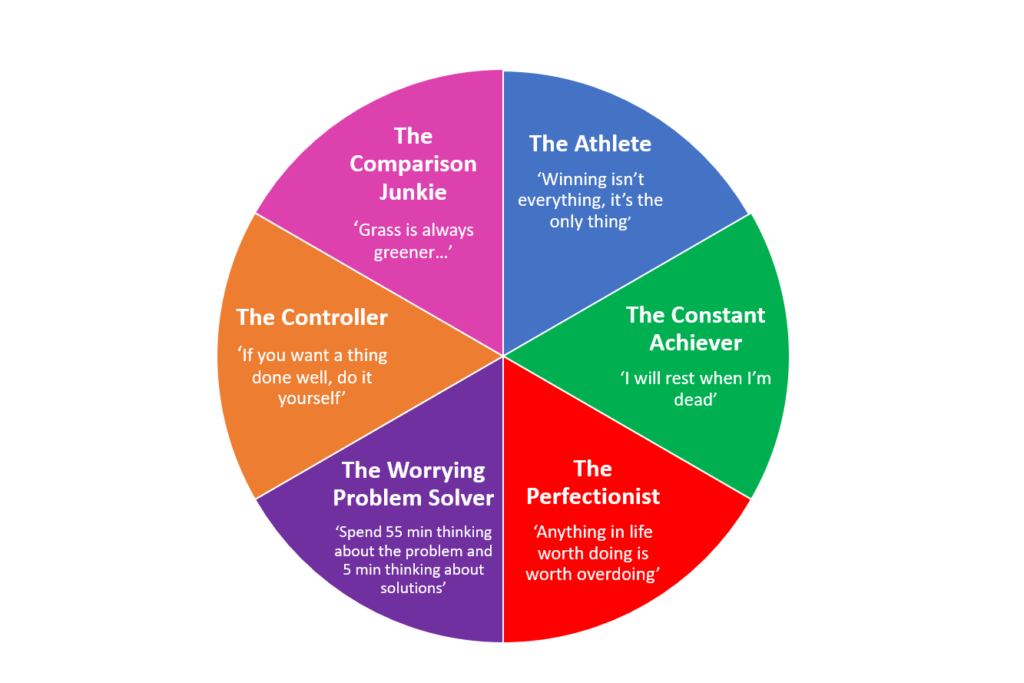
One of my favorite assignments last year was a Team Effectiveness Project for a consumer goods company.
THE CHALLENGE
The head of the Consumer Insights team approached me since his team struggled with collaboration. The team was divided between seasoned members and newcomers, leading to low engagement scores and a reluctance from other departments to collaborate.
OUR APPROACH
When interviewing team members, it became clear that they didn’t have common goals, nor did they play by the same rules. We used Team Pro, a structured and well researched method for team development. With an online assessment and a series of workshops we worked on strengthening:
1. Transitional Processes: The interactions that occur before and after work processes where the team plans and evaluates. (To use a sports analogy: before and after the game)
2. Action Processes: The interactions in the team where they perform their work duties to achieve their goals. (During the game)
3. Interpersonal Processes: Activities addressing the team’s emotional climate. (Around the game)
During exercises and simulations, my co-facilitator and I observed the team and gave them feedback on their behaviors. The team then developed an action plan for what they wanted to improve and how.
THE RESULTS
– 8-percentage-point increase in employee engagement score.
– 27% uptick in internal net promoter score.
– The team was recognized as a good place to work, with more internal applications for vacancies.
A key reason for the results was the team leader’s willingness to invest in team development over time. This year we are doing another Team Pro check-in with the team 😊.
Interested in how your team can work better together? Let’s talk


















